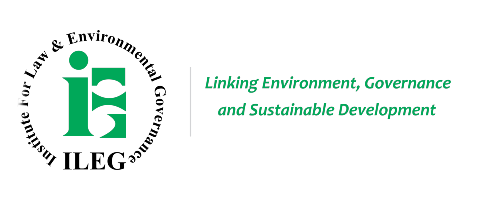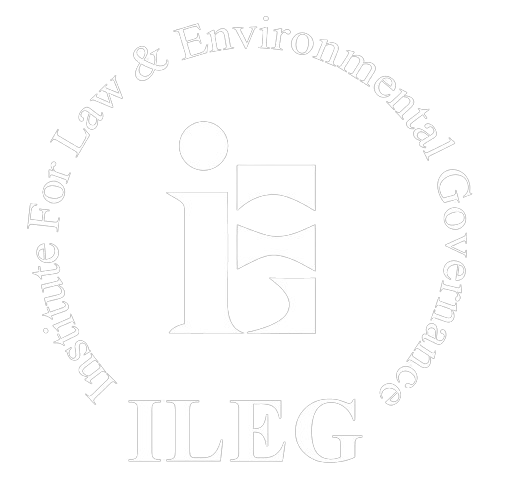The sustainability of fisheries resources in most water bodies in East Africa is are threat.
This has arisen because of poor management, leading to degradation resulting from beach pollution and the use of destructive fishing methods such as dynamite, poison and small fishnets.
Such situation has necessitated the use of alternative management approaches like Beach Management Units (BMUs), which promote more community involvement in the fisheries resources management. Research has it that BMUs reduce unsustainable practices and ensures sustainable management
of the fisheries resources.
In 2005, ILEG partnered with the Environmental Law Institute (ELI), to study the utility, dynamics and operationalization of Beach Management Units (BMUs) as a critical mechanism in the management of fisheries in Kenya. The aim was to help propose appropriate policy provisions and legal rules to govern BMUs and their integration into fisheries management.
The project advised and assisted the Kenya Department of Fisheries in the process of developing a legal framework for Beach Management Units (BMUs) to sustainably manage fisheries and landing sites around Lake Victoria. The process involved research on the status of the legal framework with comparative study of the experiences of Uganda and Tanzania in creating and implementing beach management systems, and the role of customary practices.
ILEG also engaged stakeholders in this sector, such as fisher folk, local NGO, fisheries officers, among others to find out the past, present, and potential future role of customary practices in shaping BMU policies and management, effective and enforcement mechanisms for BMUs, the need for additional legislation or regulation to implement BMUs, relative strengths and weaknesses of local, national, private and public approaches to managing shared natural resources and regional harmonization of BMU practices.
This project culminated with a regional workshop where stakeholders from the three East African countries participated to share experiences, discuss issues of concern and exchange ideas towards greater harmonization and sustainable utilization of the shared natural resource of Lake Victoria.
At the close of the project a report ,The Legal and Operational Framework For Beach Management: Kenya status Report which proposed BMUs as useful models for management of fisheries as they provide for involvement of relevant stakeholders in the decision making process o the utilization and management of fisheries resources was published.



